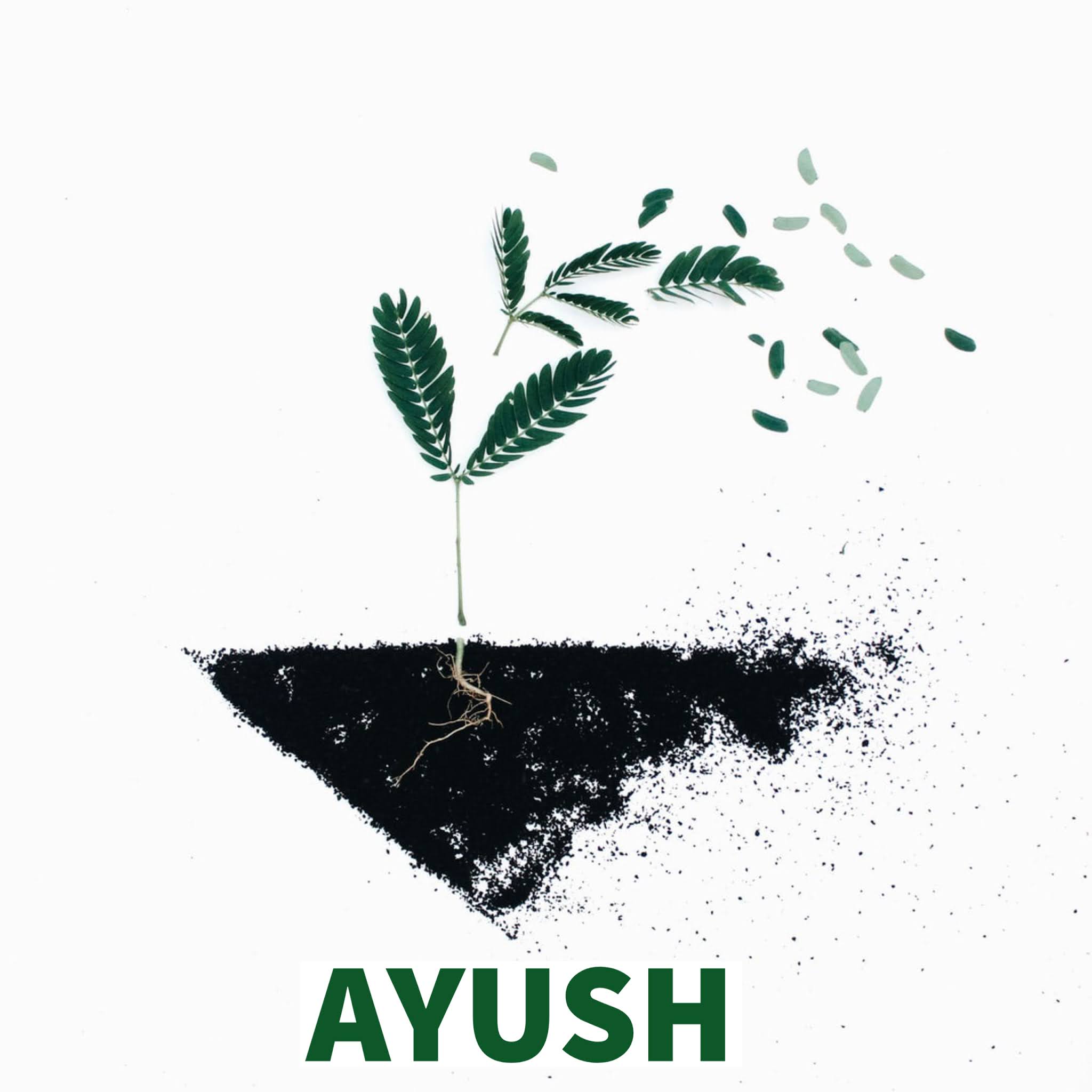THE CONCEPT OF RNA
Indian ethics has a special characteristic of the Ashram system. Every individual by nature passes through various stages of life. Indian thinkers correlate the stages of the individual to society.
Indian thinkers prescribed duties to every stage of life. The prescribed duties contribute to social welfare and social stability. The Ashram system has four stages. Every individual passes through the stages of a Brahmachari (a student), a Grihastha (a householder), a Vanaprastha (retired), and a Sanyasin (a wandering monk.)
The stage of a householder is very important for the stability of society. The individual enters into the first unit of society i.e family, by entering Grihasth ashrama. A householder enjoys the pleasures of life. At the same time, he has many responsibilities. He has to take care of his family, the guests, and other society members.
The concept of Rna implies obligation and responsibility. Man is a social animal. His development is possible, because many other fellow beings have, in some or other way, contributed to his progress. The individual is under the obligation of many members of his society.
The individual is born with 3 Rnas namely Rishi Rna (debt of sages/teachers), Pitru Rna (debt of the ancestors), and Deva Rna (Divine debt).
RISHI RNA
Rishi Rna is also called as Guru Rna. The first stage in the life of an individual i.e Brahmacharya ashrama (a student) is spent with the teacher. In ancient times, the sages, wise people were guideposts of society. The wisdom of the sages was passed from one generation to another generation. The sages played an important role in the development of the individual as well as in social progress. By learning Vedas by giving fees, by showing respect by being grateful, Rishi Rna can be discharged. In Brahmacharya ashrama, an individual becomes free from Rishi Rna.PITRI RNA
An individual owes many things including his own existence to his ancestors. It becomes the responsibility of the individual to sustain the family by giving birth to the next generation. By begetting children the individual becomes free from the debt of his ancestors. Thus in Grihasthashrama, an individual becomes free from Pitru Rna.DEVA RNA
God has created this universe. God is the sustainer of this universe. Whatever we receive from nature, is due to the blessings of God. The forces of nature are beyond the control of human beings. To please these forces, men used to perform sacrifices. The performance of sacrifices was a way to show respect to deities. Forces of nature are like supernatural, mighty, powerful agents. A man in such a world is at the mercy of God. By performing sacrifices, man becomes free from the Divine debt. In Grihastha and in Vanaprastha Ashrama, an individual becomes free from Deva Rna.By repaying three Rnas the individual reaches the stage of ‘Annrunya’ which means freedom from all Rnas. Only after reaching the stage of Annrunya, an individual can prepare himself for the highest purushartha- Moksha.
The concept of Rna - [3 debts] is a commonly known concept. However, “Shataphath Brahman” refers to the fourth debt Viz. Manushya Rna. It is an obligation towards humanity. By helping other human beings an individual becomes free from debt towards humanity.
POST BY




Very good information. Thanks for sharing this blog with us. Know about the best diagnostic laboratories services in Kerala.
ReplyDeleteNice article. Thanks for posting this blog. Get to know about the best PET scan in Kerala & cancer specialist in Kerala.
ReplyDeleteThanks for sharing this post. Know about the latest online games news in the world.
ReplyDeleteThanks for the post. Know about suncoast bingo cash ball
ReplyDelete